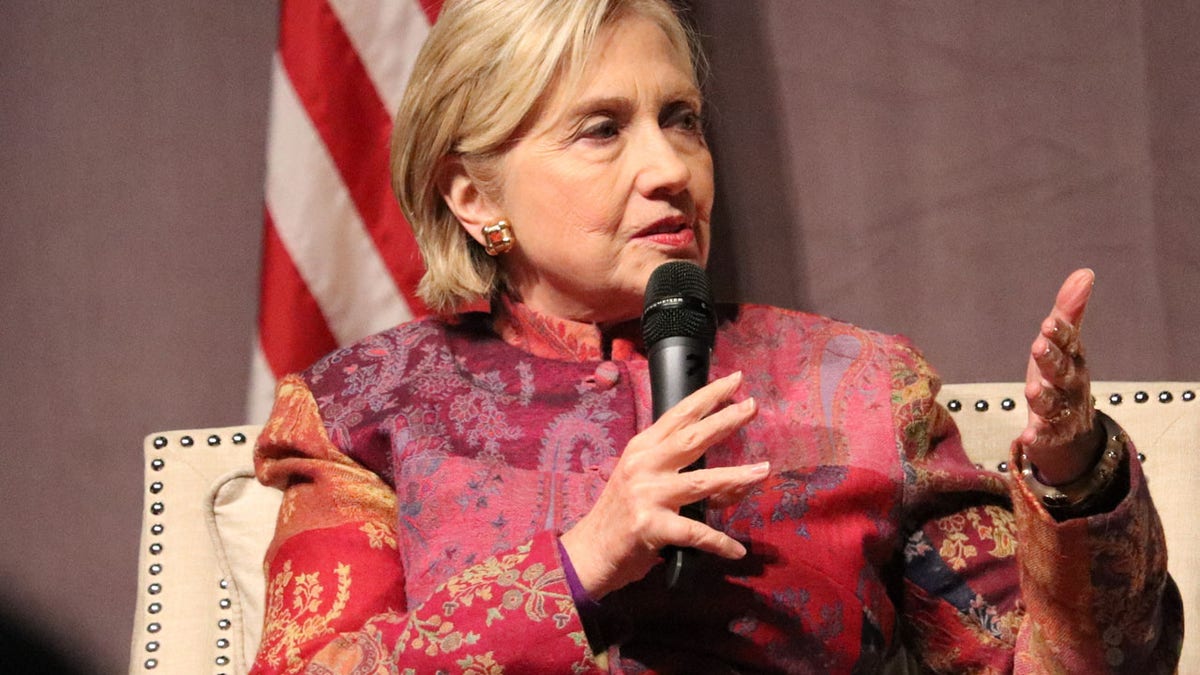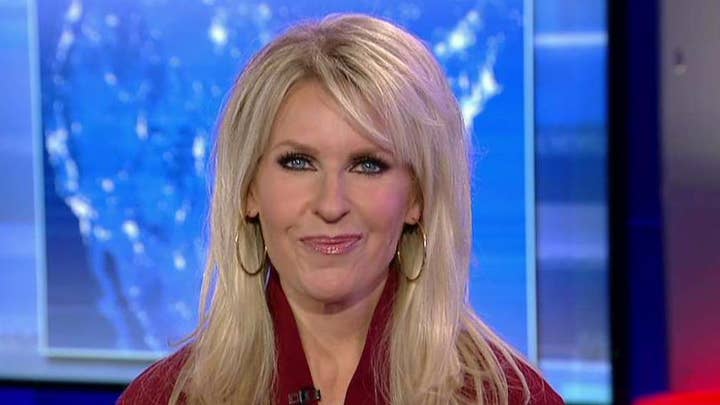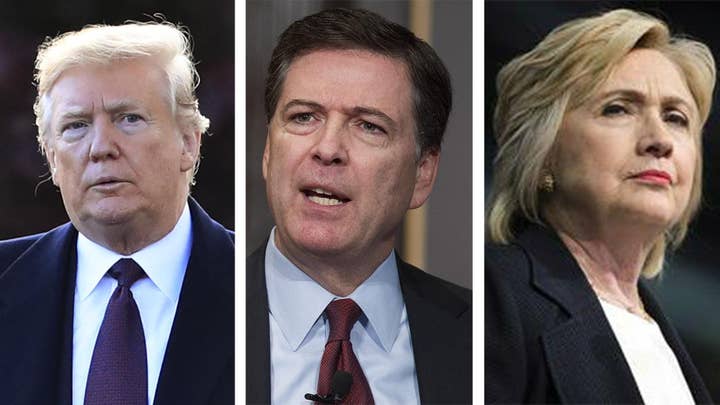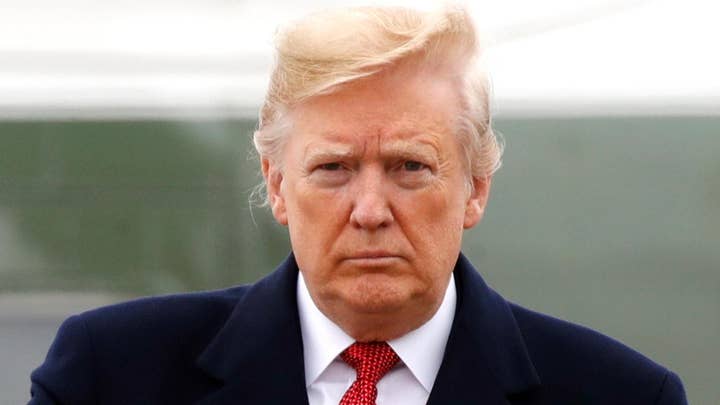
Hillary Clinton said during an interview with The Guardian that the one million migrants and refugees that have flooded into European Union nations since 2015 have thrust immigration into the spotlight and fueled the rise of hardline leaders around the globe. (Reuters)
Hillary Clinton has issued frank advice to European leaders: If you want to stop the rise of rightwing populists then get a handle on your immigration crisis.
Clinton, the 2016 Democratic presidential nominee, said during an interview with The Guardian that the one million migrants and refugees that have flooded into the European Union since 2015 have thrust immigration into the spotlight and fueled the rise of hardline leaders around the globe. And while she praised German chancellor Angela Merkel for her compassion, she cautioned that countries can’t leave the door open forever.
“I think Europe needs to get a handle on migration because that is what lit the flame,” Clinton said regarding the rise of rightwing populists like Hungary’s Viktor Orbán.
Clinton added: “I admire the very generous and compassionate approaches that were taken particularly by leaders like Angela Merkel, but I think it is fair to say Europe has done its part, and must send a very clear message – ‘we are not going to be able to continue provide refuge and support’ – because if we don’t deal with the migration issue it will continue to roil the body politic.”
MIGRANT CARAVAN GIVEN OPTIONS AS OFFICIALS KICK OFF JOB FAIR IN TIJUANA
Countries like Germany, Greece and Italy – which have been most affected by the influx of migrants – have argued that other nations throughout the region need to share in the burden. But the other countries, especially those in central and eastern Europe, have so far refused to help out.
Migration numbers have dropped precipitously from their height in 2015.
Clinton was one of three politicians interviewed by the Guardian, along with former British Prime Minister Tony Blair and former Italian Prime Minister Matteo Renzi, about the rise of rightwing populism and what center-left politicians are struggling to combat it.
The two former prime ministers both agreed with Clinton’s statement that the immigration issue was directly responsible for fueling the populist trend.
“You’ve got to deal with the legitimate grievances and answer them, which is why today in Europe you cannot possibly stand for election unless you’ve got a strong position on immigration because people are worried about it,” Blair said. “You’ve got to answer those problems. If you don’t answer them then … you leave a large space into which the populists can march.”
Clinton singled out President Trump’s use of immigration as an issue to rally his base of support on the campaign trail and as one of the reasons she lost to him in the 2016 presidential race.
“The use of immigrants as a political device and as a symbol of government gone wrong, of attacks on one’s heritage, one’s identity, one’s national unity has been very much exploited by the current administration here,” she said. “There are solutions to migration that do not require clamping down on the press, on your political opponents and trying to suborn the judiciary, or seeking financial and political help from Russia to support your political parties and movements.”
The three former world leaders also argued that rightwing politics was able to rise not just because it latched on to an anti-immigration agenda, but because of its disruptive style of politics that highlights divisions. Blair said that more mainstream politicians will struggle to get heard over the simple, emotional language used by populists and that they need to find a way to cut through the soundbites that make the headlines.
And while the three global figures said they believed that populism was near its peak and people were beginning to see its faults, none could pinpoint a reason why populist leaders have been so successful over the past few years.
“The whole American system was designed so that you would eliminate the threat from a strong, authoritarian king or other leader and maybe people are just tired of it,” Clinton said. “They don’t want that much responsibility and freedom. They want to be told what to do and where to go and how to live … and only given one version of reality.”
She added: “I don’t know why at this moment that is so attractive to people, but it’s a serious threat to our freedom and our democratic institutions, and it goes very deep and very far and we’ve got to do a better job of shining a light on it and trying to combat it.”














































